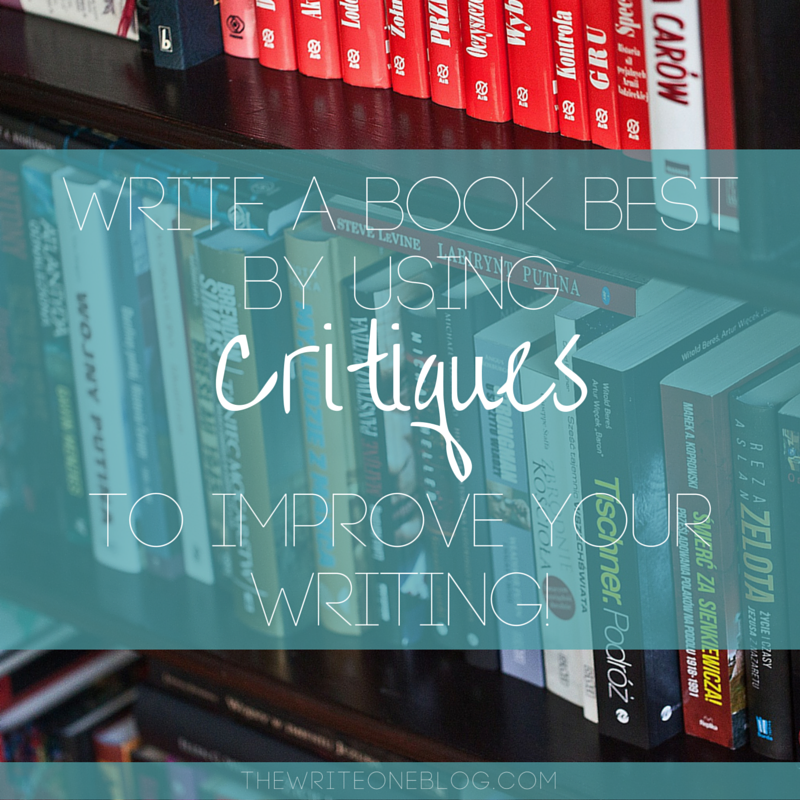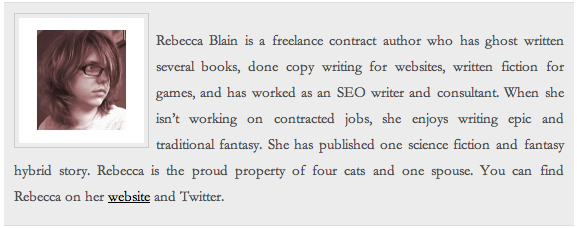If you are looking for ways to write a book best, today’s guest post by Rebecca Blain will share how using book critiques can help improve your writing. As writers we are always looking for ways to improve our writing and to write a book best, manuscript critiques are the perfect way.
Write A Book Best – Manuscript Critiques
Learning to write well is more than just picking up a grammar book and studying. Crafting an engaging story is much more than knowing the elements of a plot and executing them. Practice, hard work, and dedication are the foundations of writing a good story or book. However, it is possible to polish your writing skills while also helping other writers out.
Writing critiques on other’s writing, with the goal of self-improvement is one way that you can practice the art of writing without spending anything more than a little of your time and a lot of effort. By studying the mistakes of others, it is possible to learn how to correct those same mistakes in your writing. In order to reap the benefits of critiquing, however, you need to understand what to look for when you critique. Your mindset is as important as the words you read and the opinions you give to the writer who wrote the piece.
This is a huge part of how I learned to write creatively. It wasn’t through taking a course. It wasn’t through picking up a book on the subject and learning the elements of plot, word choice, or sentence structure. It was through reading books in the genres I liked to write and wondering what made them tick. Then I joined writing communities and tried to see why the stories I was reading didn’t resonate with me as a reader.
How you write a critique is as important as your attitude when you are trying to improve your own skills and help writers write a book best. Before you can expect to see improvement in your writing, you need to understand the most important things to critique.
This list is what I use whenever I approach a critique of another writer, no matter what their skill level.
1: Be Honest.
2: Be Polite.
3: Be Constructive.
4: Balance the Good with the Bad.
5: A Critique is an Opinion. Everyone has an opinion. Your opinion means no more or less than another person’s.Let’s explore more ways to write a book best…
Honesty is not something many people consider when writing a critique. Opinions are a natural impulse, often stated without much thought to the reaction of others. However, if something bothers you about a piece of writing, mention it. Honesty is the best policy. If you tell sweet falsehoods to make a critique more praise than constructive, this is the type of critique you can expect in return.
This helps no one, especially not you.
Being polite is vital if you want your opinions heard. Buffer your opinions with, “In my opinion” or “I believe.” Being thorough and honest doesn’t involve calling names and telling someone they should give up writing. Once again, this doesn’t help them and it certainly doesn’t help you.
Being constructive is likely the most difficult of the list to master when helping someone write a book best. This is where the nitty-gritty comes into play. If a scene does not work for you, sit down and think about why it doesn’t work. Then report this to the writer in your critique. This is how you improve your writing. By taking the time to identify what is wrong with a scene, you unlock the ability to do the same thing on your own writing. Because our personal writing is so close to us, it is hard to learn this skill on our own material. This is where the critique can be useful for both new and experienced writers. Every time you encounter something that sounds odd or does not flow well, consider why it doesn’t work for you. Then check your own writing for this sort of mistake. What you have to focus on now will become second nature with practice.
Balancing the good with the bad is also something that can be useful to your own writing. Identifying your own strengths is as important as knowing your weaknesses. In the pursuit of improving your weaknesses, it is necessary that you avoid destroying the natural strengths of your writing. Pointing out the good things – and the potential things still undeveloped – help you and the writer you’re critiquing. It helps you learn your own strengths and weaknesses, and it helps them by showing that while they need to make improvements, there are good things about their writing.
As you write your critiques, it is important to be humble. Every word you type is an opinion, and your goal is to help the other writer while also learning how to improve yourself. This cannot be done if you’re of the mindset that you are superior. Everyone started with the alphabet when they learned to read and write. Even if you’re faced with a story that you feel requires a lot of work, this is an individual that shares one important trait with you:
The love of writing.
If you aren’t certain how to approach a critique, here is an example of a critiquing method you might use to improve yourself as you help others:
Write a section for every scene you write.
For each section, help the writer write a book best by writing the following:
– What you liked.
– What you feel needs improvement.
– Anything that jumped out at you as you read.
– Any point you stopped reading because you got confused.
– Any point you wanted to stop reading because you were bored.
– Did you like the pacing? Did it move too quick or too slow?
– Were you able to get a mental image of what was going on?
– Did you like the characters?
– Could you identify the plot? If not, were you kept interested?These are only a few things that you can list for each section that you write. Focus on the key points of a chapter or scene and find ways to improve it without sacrificing the writer’s style. Doing these things won’t help you improve overnight. However, it will give you the foundation you need to start seeing the errors that you make in your own writing.
Have you ever thought about using critiques to improve your writing? Have you done a critique for another writer? How has critiques improved your writing? Please share in the comment section below.
NEXT: Qualities Of A Good Writer




This is a great post, and very timely for me since I've just joined an online writing class which involves critiquing each other's work.
This is a great post and provides a lot of practical advise on how we can improve our writing by assisting others. I'm so happy Rebecca shared this with my readers.
All great advice!!
I've just stepped in the beginning period of my writing class and just in time I've found your discussion about using critiques to improve my writing which will be effective for me. Thanks for helping me out.
No problem.Sent from my iPhone
This guest blog is awesome. I believe critiques are quite helpful to improve anyone working texture, without critique it'll be tough to sort out which portion of writing and learning I'm doing wrong. So thanks for giving proper value to critiques through this wonderful blog post!!
Thank you for stopping by!Sent from my iPad